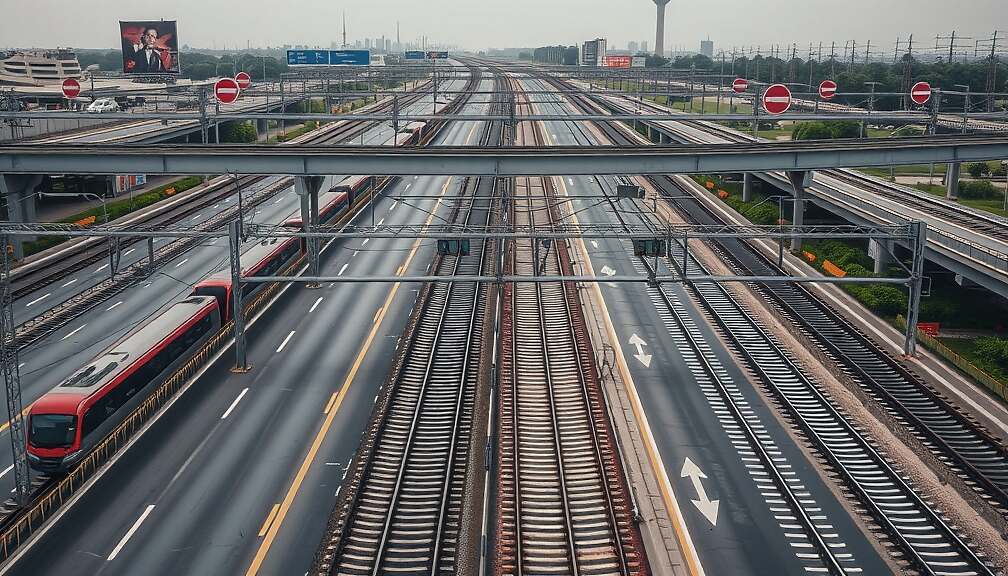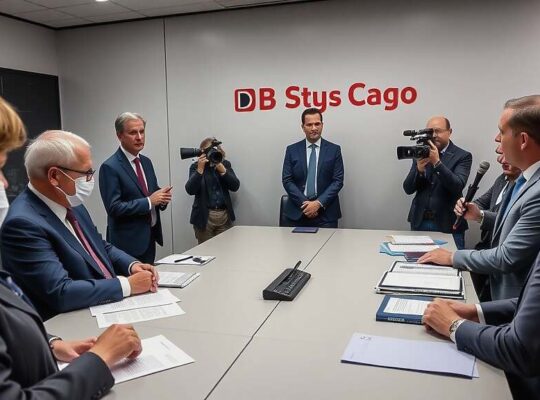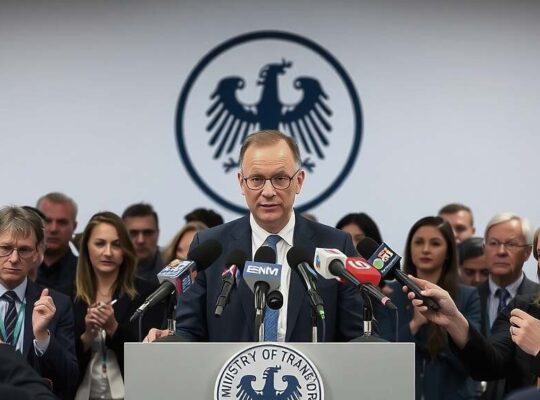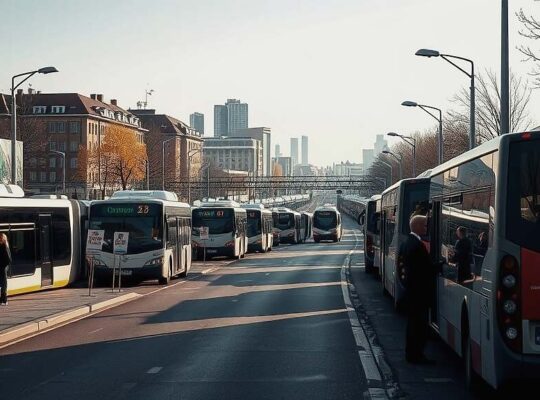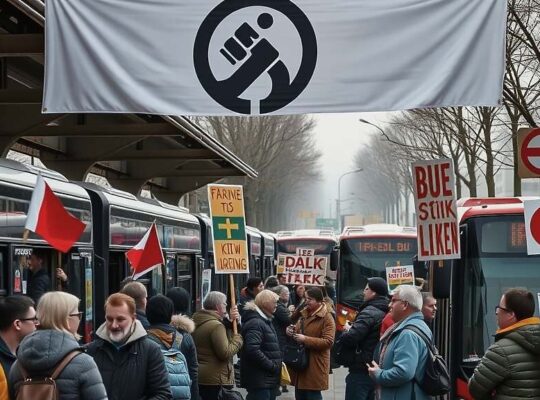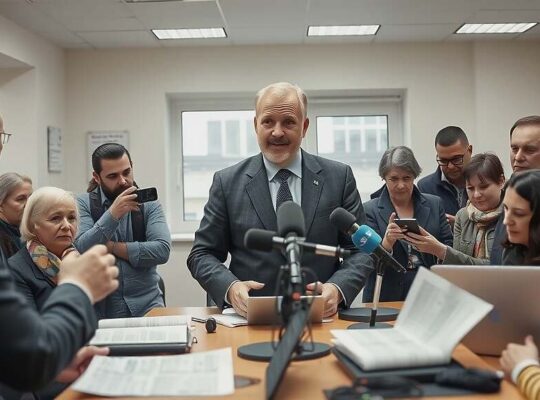The German government faces a looming fiscal chasm, requiring a radical overhaul of transportation funding mechanisms if it hopes to modernize its infrastructure and transition to a future-proof system, according to a new study released this week. The joint investigation, conducted by the think tanks Agora Verkehrswende and Dezernat Zukunft, reveals a staggering shortfall of at least €390 billion needed to finance railway lines, highways, public transportation and the automotive industry’s transformation by 2030. An additional €435 billion will be required between 2031 and 2035.
Currently, €184 billion of this projected expenditure remains unfunded, with a significant portion-€76 billion-tied to essential infrastructure like roads and bridges and €108 billion dedicated to the public transit system. While the government’s creation of a special asset fund marked an initial step, researchers argue it is demonstrably insufficient to address the scale of the challenge.
“It’s time for a fundamental reset of how we finance our transportation system” stated Wiebke Zimmer, Deputy Director of Agora Verkehrswende. She emphasized that relying solely on existing frameworks is unlikely to deliver the necessary improvements and upgrades for the nation’s rail network, roadways and public transportation.
The study explores five potential avenues for securing this funding: increased borrowing, private investment, augmented tax revenues, an expansion of road tolls, or levies on public transit users. Researchers stress that failure to pursue one option will necessitate a more aggressive application of others. The analysis incorporates perspectives from a ten-member expert council, including prominent figures like economic advisor Achim Truger, IG Metall Chair Christiane Benner and Deutsche Bahn supervisory board chairman Werner Gatzer.
However, several proposed solutions have ignited considerable debate within the expert council and promise to be politically contentious. Particularly divisive is the concept of “benefit-based contributions” to public transportation, which proposes that even those who do not directly utilize public transit should contribute financially, recognizing the broader societal benefits such as reduced congestion and improved air quality. A parallel expansion of user-financed road usage, specifically a broadening of truck tolls to encompass all weight classes and road types and the introduction of car tolls, has also drawn strong opposition.
“It’s clear that these are not easy topics to push through politically” acknowledged Zimmer. The ultimate goal, she added, is to stimulate a public discourse regarding alternative and potentially unpopular funding models, forcing a critical examination of current practices and a willingness to consider innovative solutions to avert a looming infrastructure crisis. The viability of any strategy will hinge on overcoming entrenched political interests and generating public support for potentially unpopular measures.


